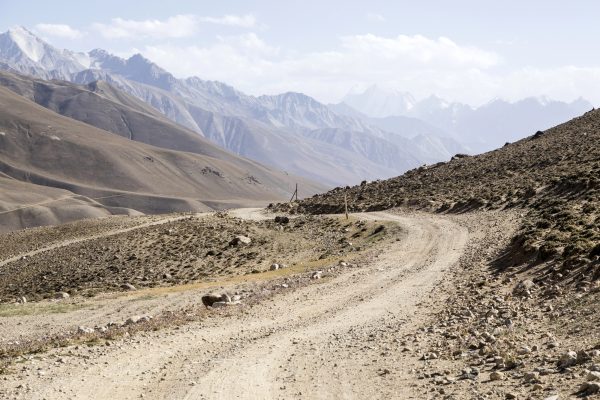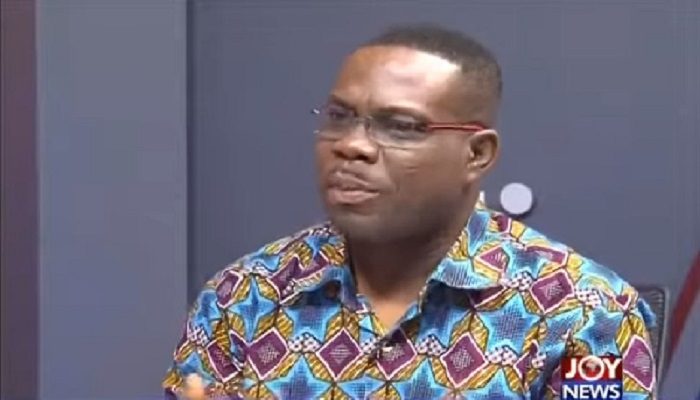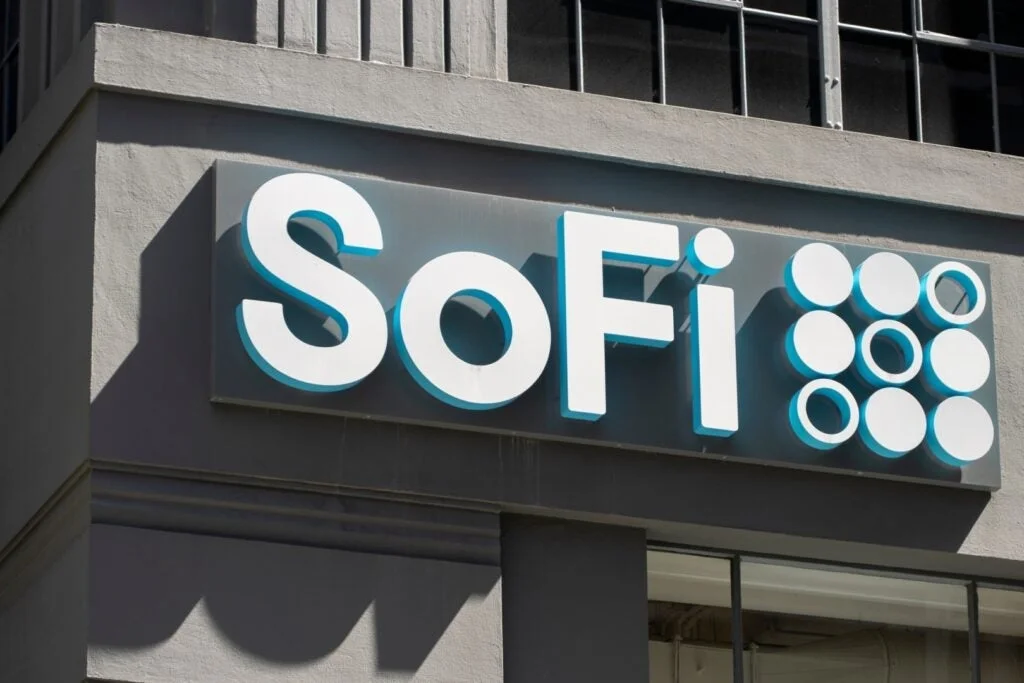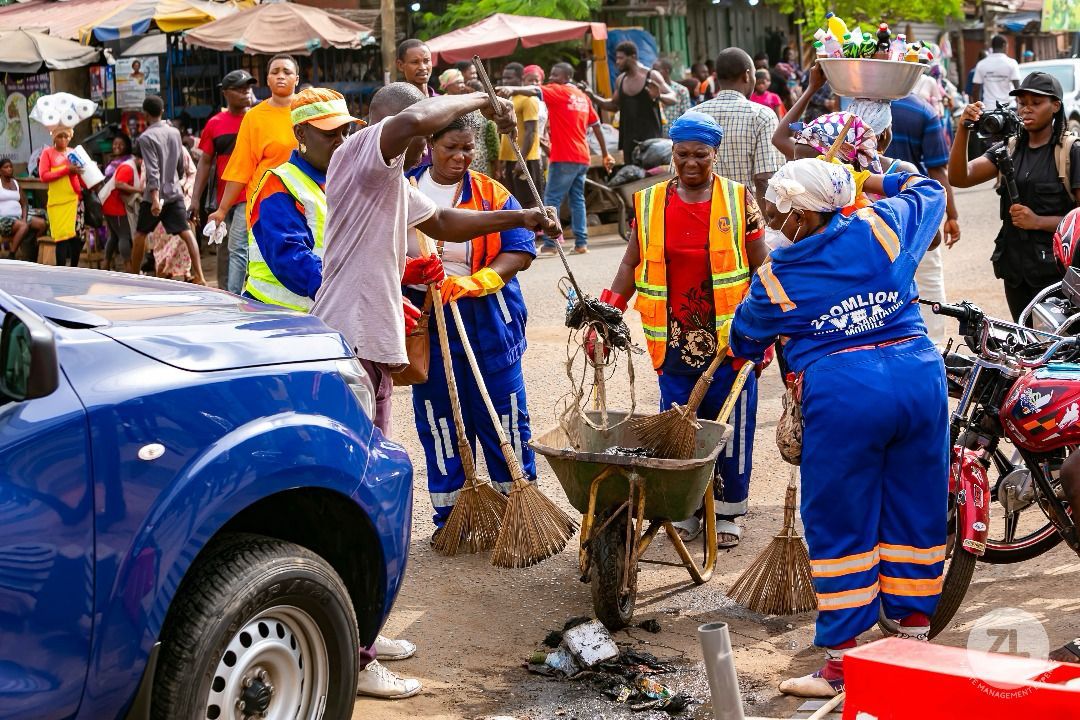Copyright thediplomat

Afghanistan is replete with untapped natural resources, with over 1,400 identified deposits. As per official figures, the country is rich in gold, copper, iron, coal, oil, and gas. It has abundant deposits of many precious and semi-precious stones, most particularly sapphire, ruby, quartz, and lapis lazuli. Since taking control of Kabul and maintaining a de facto government in Afghanistan, the Taliban have sought to exploit the country’s mineral resources. Despite sanctions, the Taliban regime has managed to secure significant investments, with China being the country’s largest investor, primarily in resource extraction and infrastructure development. Over the last four years, many other countries have also stepped in to invest in Afghanistan's natural resources. Saudi Arabia is moving in the same direction, with its investors showing interest in Afghanistan’s mining sector. According to the Taliban’s Ministry of Mines and Petroleum, several Saudi Arabian investors have expressed their interest in investing in the oil and gas sectors of Afghanistan. The ministry further said that the Saudi investors have also shown their interest in the expansion of the Turkmenistan-Afghanistan-Pakistan-India (TAPI) pipeline. Spokesperson for the Taliban’s Ministry of Mines and Petroleum Homayoun Afghan said that “a number of Saudi investors met with Hidayatullah Badri, the minister of Mines and Petroleum, during which they also signed agreements to continue bilateral meetings.” The ministry’s statement additionally said that “Badri shared information about Afghanistan’s oil reserves with Saudi companies and added that Afghanistan seeks joint cooperation with Saudi investors, calling on them to invest in the country’s mineral resources.” Sharing details of the meeting between the Taliban minister and the Saudi investor, Bakhtar News Agency highlighted that Badri, along with Zamari Kamgar, the CEO of Kam Energy Afghanistan, held a meeting with Shahr Al-Taqi, the CEO of Saudi Arabia’s Delta International Company. During the meeting, Badri told Al-Taqi, “We want to work together with Saudi Arabian investors. It is an honor for us that you are interested in investing in Afghanistan's mineral resources. We have vast, rich mineral resources, and all foreign and domestic investors can invest. I welcome your interest and will cooperate with you in these areas related to mining laws and procedures.” In order to facilitate the ongoing discussions, technical teams from both sides signed a memorandum of understanding. According to another news source, the Taliban’s Deputy Prime Minister for Economic Affairs Abdul Ghani Baradar also held a meeting with Al-Taqi on October 24 to discuss investment possibilities in the country’s oil and gas sectors. As per the statement from Baradar’s office, the talks between Baradar and Al-Taqi focused on “exploration, extraction and development of gas pipelines in Afghanistan.” The statement further said that Al-Taqi communicated Delta International’s interest in making investments in the oil and gas sectors in Afghanistan and promised to share his company’s technical expertise with the country’s engineers. Interestingly, Zalmay Khalilzad, a former U.S. ambassador to Afghanistan who later led the U.S. negotiations with the Taliban, also attended the meeting. Khalilzad arrived in Afghanistan on October 22 and reportedly attended several other informal meetings with Taliban officials. It’s unclear in what capacity he attended the meeting with Al-Taqi. Since the Taliban takeover of Kabul, Saudi Arabia has been cautiously moving ahead with relations with the Taliban. It has provided humanitarian assistance to the country without giving official recognition to the Taliban’s de facto government. In this regard, Saudi Arabia has launched various projects in Afghanistan over the last few years through the King Salman Relief Center with a particular focus on aid relief, providing food, water, education, and health services. In August 2021, it withdrew its diplomatic staff from Kabul, but it resumed consular services last December. There has been no high-level visit from Saudi Arabia to Afghanistan since the Taliban seizure of power over four years ago. However, Taliban Defense Minister Mullah Yaqoob reportedly met Saudi Arabia’s Crown Prince Muhammad Bin Salman in June 2023 during the hajj. The details of the meeting between the two were unclear. Saudi Arabia was one of the three countries, along with Pakistan and the United Arab Emirates, that had recognized the Taliban government in Afghanistan between 1996 and 2001 due to the group’s religious and ideological orientation. The relations between the two soured in 1998 when the Taliban harbored Osama bin Laden, a Saudi citizen who was wanted for the 1998 bombings of the U.S. embassies in Dar es Salaam, Tanzania, and Nairobi, Kenya. Perhaps because of the past sourness in relations, Saudi Arabia has adopted a more cautious, pragmatic approach toward the Taliban 2.0. Over the last four years, Saudi Arabia has been in contact with the Taliban largely through humanitarian aid and diplomatic channels – the Saudi Embassy in Kabul, as well as through multilateral platforms such as the Organization of Islamic Cooperation – without recognizing the Taliban regime as the legitimate government of Afghanistan. Delta International’s plausible investment in Afghanistan could open the door for further engagements between the two countries. The sanction-ridden Taliban are faced with a multifaceted crisis. Saudi Arabia’s investments in Afghan natural resources will provide the Taliban government with an economic as well as diplomatic boost.



